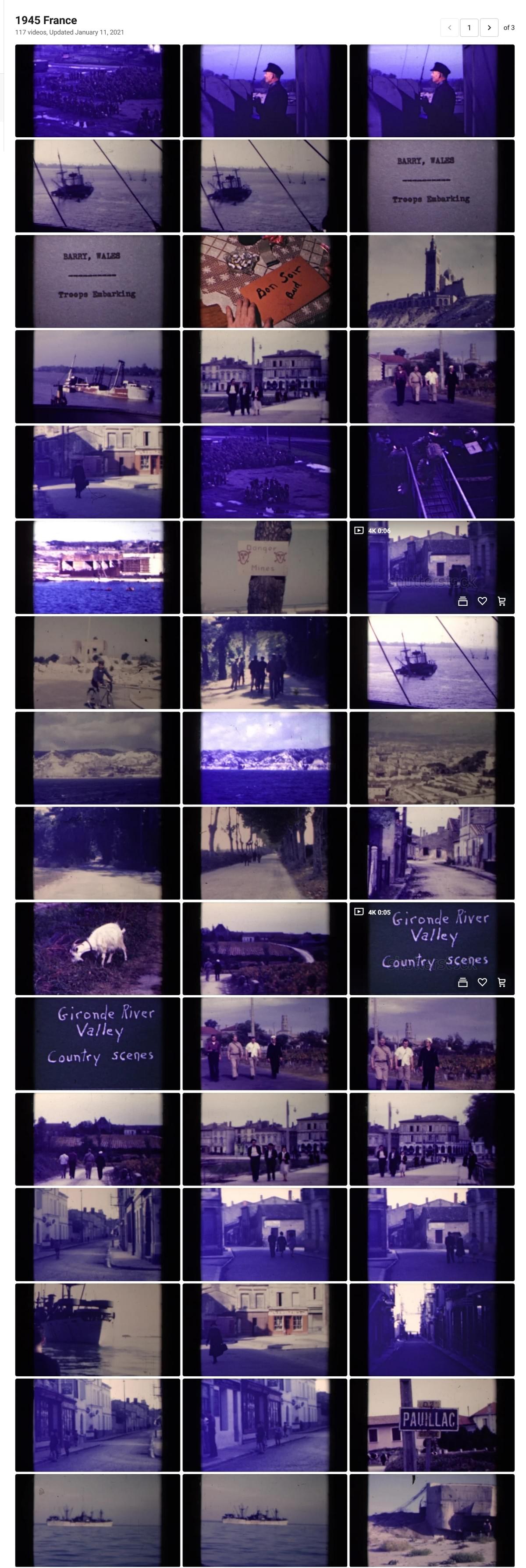
1945 France
1945 France
The year 1945 was a time of profound transformation and complex emotions in France, as the country, still reeling from the ravages of war, tentatively stepped into a new era of freedom and rebirth. As German occupation ended, the French found themselves grappling with a tumultuous mix of relief, guarded hope, and the daunting process of healing.
One can imagine the immense relief felt when the long-awaited invasion by Allied forces commenced with the Normandy landings in June 1944, finally breaking the tyrannical grip of the Nazi regime. As American, British, and Canadian troops forged through French lands, their advance was met with fierce resistance from desperate German forces, leading to heart-wrenching battles and heavy losses. Yet, their determination and steadfastness were rewarded as the iconic moment came in the autumn of that year - when Charles de Gaulle, leader of the Free French Forces, made his triumphant march through Paris in a symbolic display of a rejuvenated France.
Though the jubilation of reclaimed liberty was tangible, the reality of occupation had left its mark on the people of France. Fueling a fierce desire for justice and retribution, individuals who collaborated with German forces faced the consequences of their choices in a process known as "legal purging," leading to many trials and punitive consequences. As the true extent of the horrors endured in concentration and extermination camps began to surface, so too did the magnitude of the atrocities committed against the Jewish population during the Holocaust, encapsulated by the poignant reality of Drancy internment camp's history.
In the face of these daunting realities, the French faced a massive challenge. They now bore the weighty responsibility of rebuilding a shattered nation and redeeming the lives affected by the unspeakable darkness of German occupation. This formidable task was made more difficult by the very human challenge of reconciling with their painful, collective experiences and dealing with the collateral damage inflicted during that turbulent chapter.
Despite these odds, the people of France never faltered in their commitment to healing, recovering, and progressing. As the country worked towards rebuilding its damaged landscape and piecing together broken communities, key voices within the literary and intellectual circles like Albert Camus and Jean-Paul Sartre emerged as champions for the pursuit of justice and social equity. They channeled their pain and the traumatic lessons learned in a bid to shape a brighter, fairer French society for generations to come. The pervading atmosphere was not just one of triumph or loss, but the resolute determination to move forward united and unwaveringly committed in their determination for a better tomorrow.Retro clips filmed in France?
© 2026
